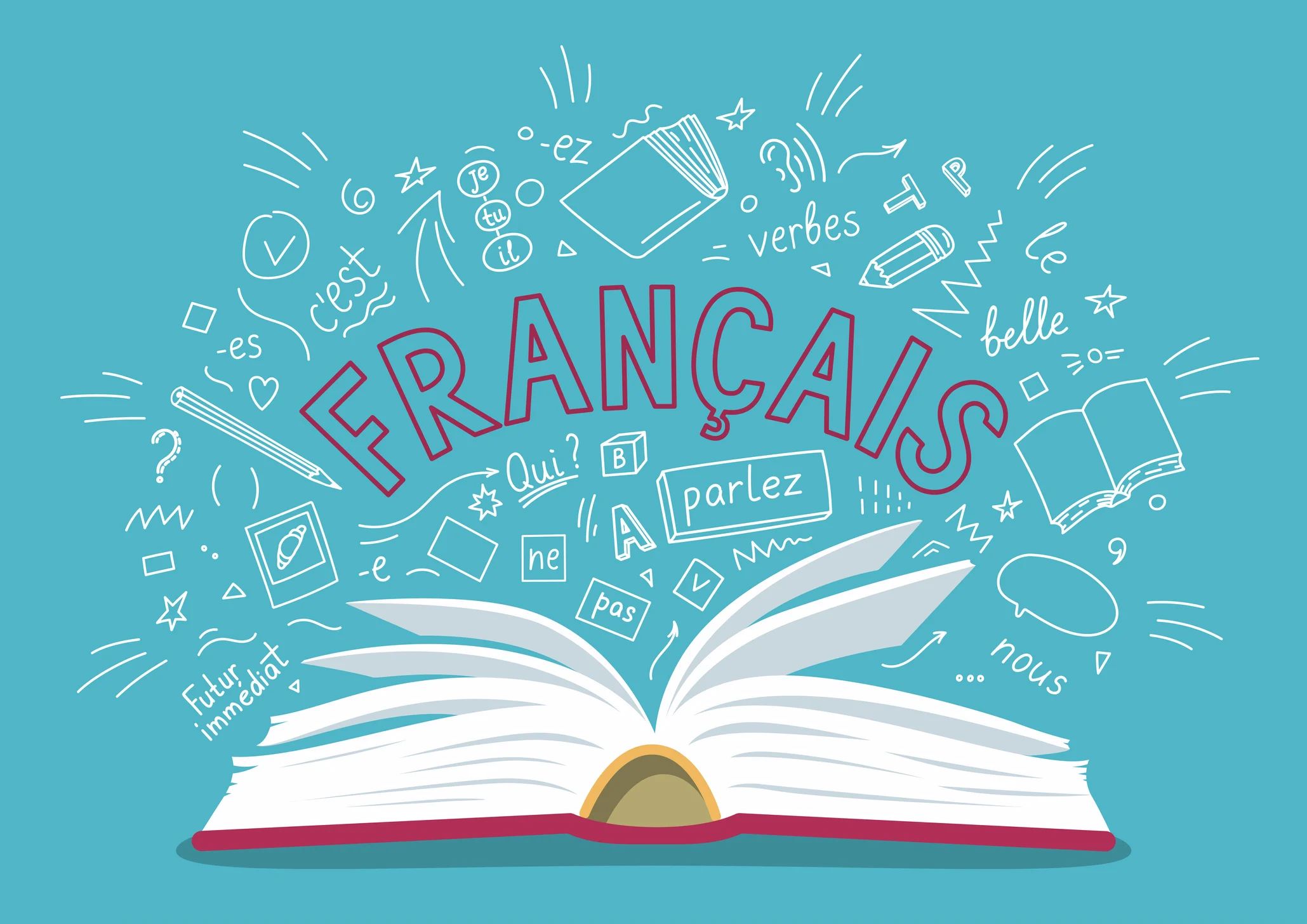
The French language is not only one of the most widely spoken languages in the world but also one of the most fascinating. Learning about the French language goes beyond just mastering the basics of grammar and vocabulary; it delves into the rich history, traditions, and nuances that make it truly unique. From its origins to its influence on other languages, there are countless interesting facts about the French language that will pique your curiosity.
In this article, we will explore 15 intriguing facts about the French language. Whether you’re a language enthusiast, a traveler planning a trip to France, or simply curious about different cultures, these facts will give you a deeper appreciation for the beauty and complexity of the French language. From its romantic reputation to its impact on literature and diplomacy, get ready to discover everything from the quirky to the profound about this remarkable language.
Key Takeaways:
- French is spoken by over 275 million people and is known as the language of love, with a rich history and influence on global culture.
- The French language is phonetic, has gendered nouns, and has a formal and informal “you,” making it a fascinating and diverse language to learn.
The French language is spoken by over 275 million people worldwide.
With its status as an official language in 29 countries, French is one of the most widely spoken languages on the planet. From France to Canada, and from Belgium to various parts of Africa, the French language has a significant global presence.
French is known as the language of love.
Renowned for its romantic reputation, French is often associated with love, passion, and elegance. Its melodic cadence and poetic expressions have made it the language of choice for love letters and romantic literature.
It is the official language of diplomacy.
French is the official language of major international organizations, such as the United Nations, the European Union, and the International Olympic Committee. It plays a crucial role in global diplomacy and communication between nations.
French is a phonetic language.
One of the interesting aspects of the French language is its phonetic nature, which means that the spelling of words generally reflects their pronunciation. Although there are exceptions, this feature makes it easier for learners to grasp the pronunciation of words.
French vocabulary has influenced the English language.
Many English words have their roots in French, thanks to the historical influence of the Normans who conquered England in These borrowed words range from common terms like “restaurant” and “ballet” to academic disciplines such as “literature” and “psychology.
French has a variety of regional dialects.
French dialects, known as “patois,” are still spoken in various regions of France. These regional variations add diversity to the language and highlight the cultural richness of the different parts of the country.
French has a specific word for “to flirt.”
In French, the verb “flirter” is exclusively used to describe the act of flirting. This unique word captures the essence of flirtatious interactions and adds a touch of sophistication to the language.
French grammar has gendered nouns.
One of the notable aspects of French grammar is that nouns are assigned genders, either masculine or feminine. This feature can be challenging for language learners, but it adds depth and character to the language.
The French language has a formal and informal “you.”
In French, the word “you” can be translated as “tu” when addressing someone informally, and “vous” when addressing someone formally or in a group. This distinction emphasizes politeness and respect in French culture.
French is the second-most taught language worldwide.
French is a popular language choice for learners around the world. As the second-most taught language after English, it is widely offered in schools and universities as a foreign language option.
French has a specific word for “the day after tomorrow.”
Unlike many languages, French has a single word “après-demain” to describe the concept of “the day after tomorrow.” This linguistic nuance simplifies expressions of future events in everyday conversations.
French has influenced the culinary world.
French cuisine is renowned worldwide for its sophistication and flavors. The French language has popularized culinary terms like “à la carte,” “cuisine,” and “bon appétit,” which are now widely used in the gastronomic lexicon.
French is rich in expressions and idioms.
The French language is filled with colorful expressions and idioms that add flair to conversations. Phrases like “C’est la vie” (That’s life), and “Je ne sais quoi” (I don’t know what) have found their way into various languages around the world.
French literature is celebrated globally.
French literature has produced iconic authors like Victor Hugo, Marcel Proust, and Albert Camus. From classic novels to philosophical treatises, French literature has left an indelible mark on the world of literary arts.
French is the language of fashion.
Paris, the capital of France, is considered the fashion capital of the world. The French language has naturally become associated with the glamorous world of haute couture and luxury brands.
In conclusion, these 15 interesting facts about the French language highlight its global reach, cultural influence, and distinct characteristics. Whether it’s the language of love, the language of diplomacy, or the language of literature, French continues to captivate learners and enthusiasts around the globe. So, why not embark on a linguistic journey and discover the beauty of the French language for yourself?
Conclusion
In conclusion, the French language is rich with history, cultural significance, and linguistic peculiarities. Its distinctive features and widespread usage make it a fascinating language to explore and learn. Whether you are interested in the intricacies of its grammar, the influences of its Latin roots, or the diverse array of dialects spoken around the world, there is no shortage of interesting facts to discover about the French language. From its global impact as an international language to its role in shaping literature and film, the French language continues to captivate and inspire learners and language enthusiasts worldwide. So, next time you encounter the melodious sounds of French being spoken, you’ll have a deeper appreciation for the complexity and beauty of this remarkable language.
FAQs
Q: How many people speak French?
A: Approximately 300 million people speak French across the globe. It is the official language in 29 countries and is widely spoken in many international organizations.
Q: Is French difficult to learn?
A: Learning any language takes time and effort, but French is considered a moderately difficult language for English speakers to learn. With consistent practice and dedication, you can become proficient in French.
Q: Are there different dialects of French?
A: Yes, there are various dialects of French, including Canadian French, Belgian French, African French, and Swiss French. Each dialect has its own distinct vocabulary, pronunciation, and grammar variations.
Q: What are some famous French literary works?
A: Some famous French literary works include “Les Misérables” by Victor Hugo, “The Little Prince” by Antoine de Saint-Exupéry, and “Madame Bovary” by Gustave Flaubert.
Q: How has French influenced other languages?
A: French has had a significant influence on English, with many English words deriving from French. It has also influenced other Romance languages such as Spanish and Italian.
Was this page helpful?
Our commitment to delivering trustworthy and engaging content is at the heart of what we do. Each fact on our site is contributed by real users like you, bringing a wealth of diverse insights and information. To ensure the highest standards of accuracy and reliability, our dedicated editors meticulously review each submission. This process guarantees that the facts we share are not only fascinating but also credible. Trust in our commitment to quality and authenticity as you explore and learn with us.


